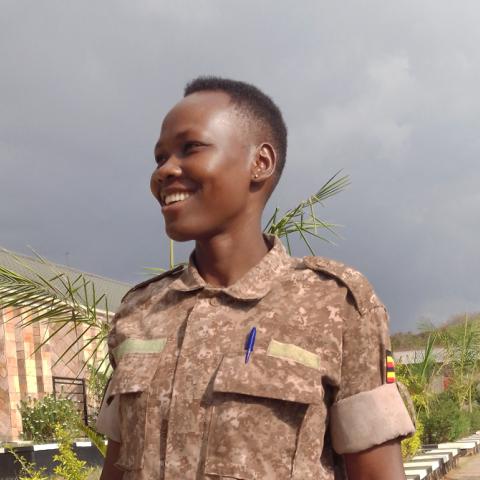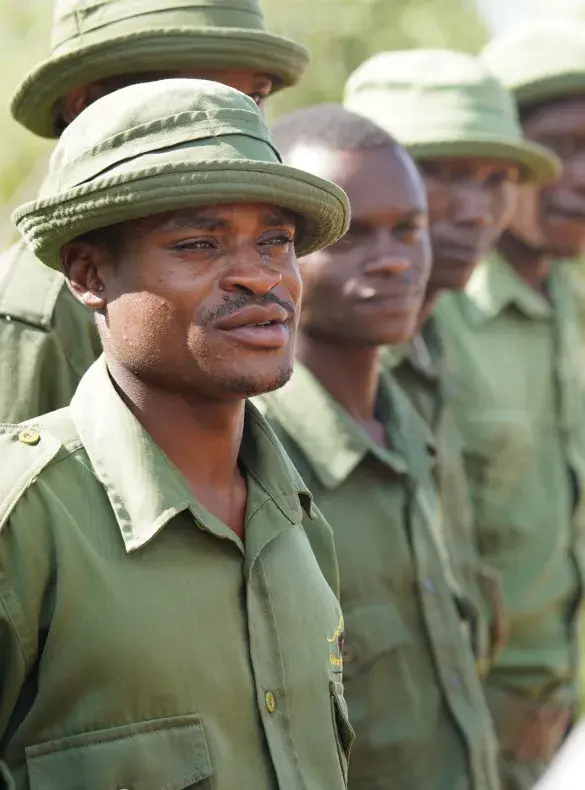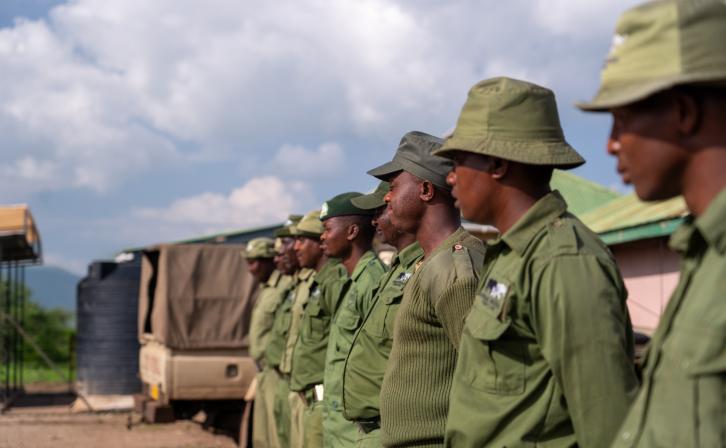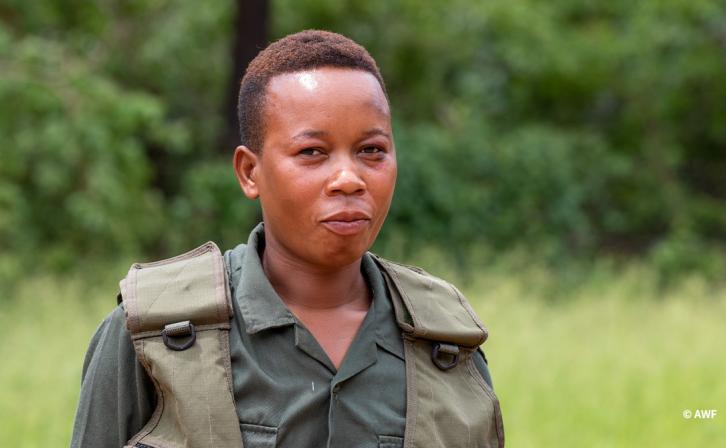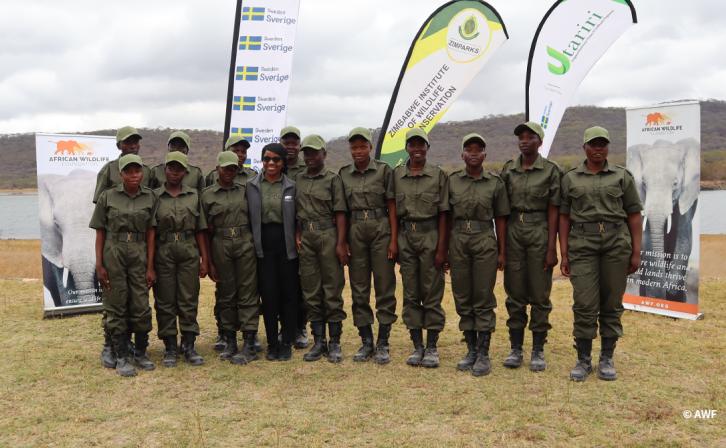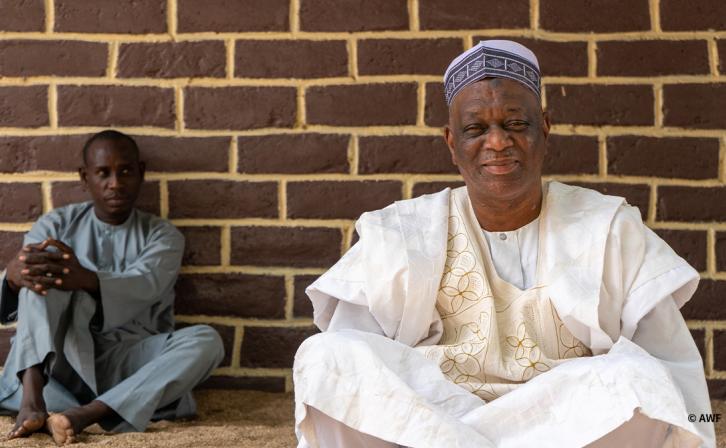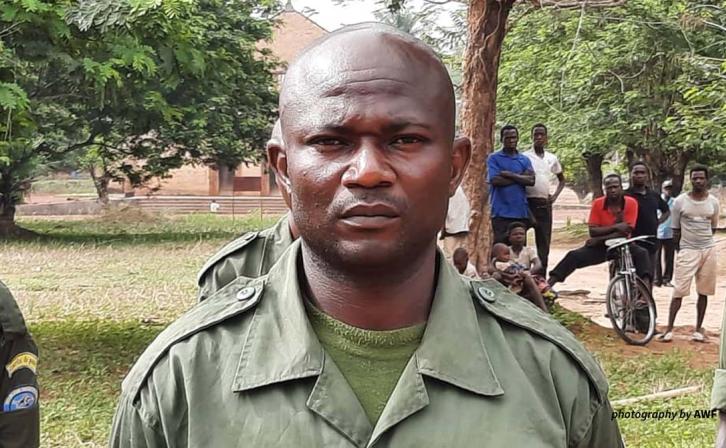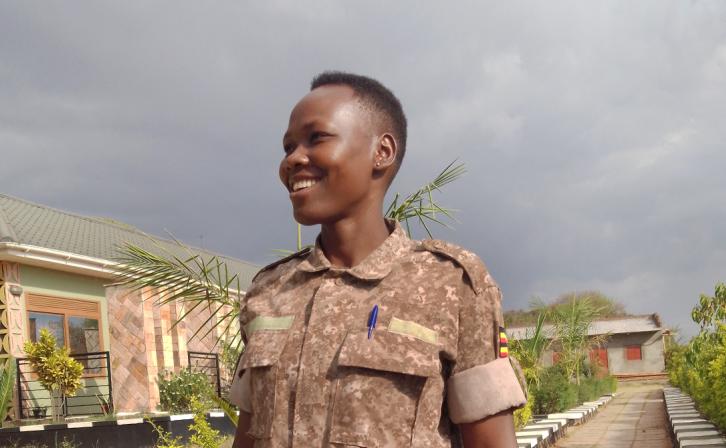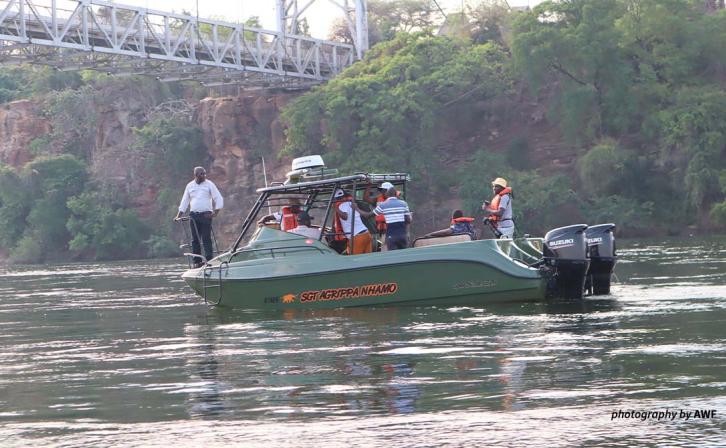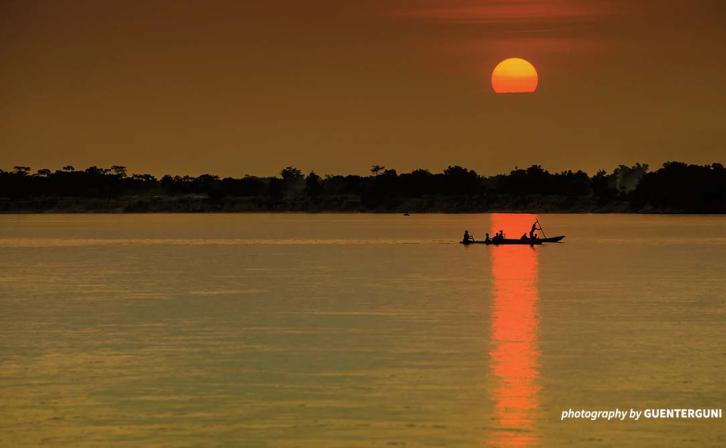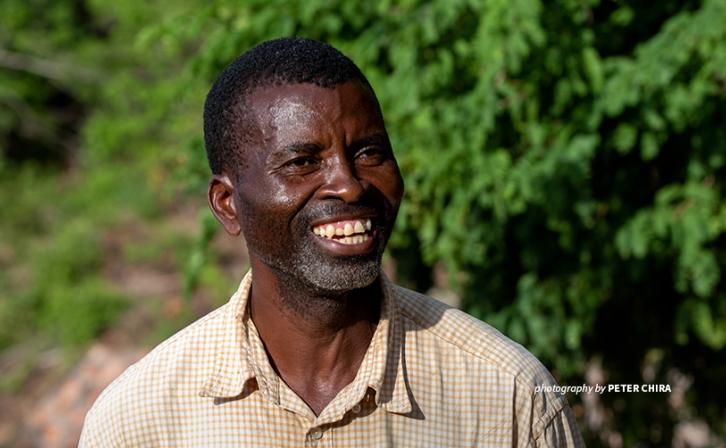How We Work
Infrastructure Support
When necessary, we invest to ensure park personnel have access to essentials like operating bases, offices, water supply, electricity, roads, airstrips, and radio systems. This helps protected-area managers respond quickly and efficiently to incursions and other threats to wildlife and habitat.
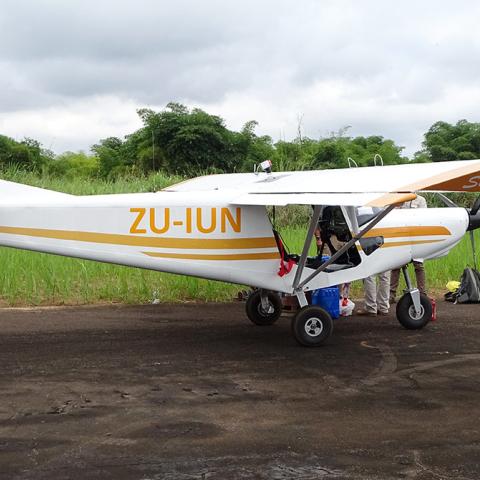
Transboundary Support
Many key African conservation landscapes are transboundary, because wildlife don’t recognize human borders—and neither do threats to wildlife. In transboundary landscapes, we work to strengthen capacity and collaboration between wildlife authorities, communities, and other conservation-minded people on both sides of the border. We facilitate workshops to develop a long-term vision, agree on information-sharing strategies, advise on joint patrols along borders, and help plan movement corridors and dispersal areas for wildlife.
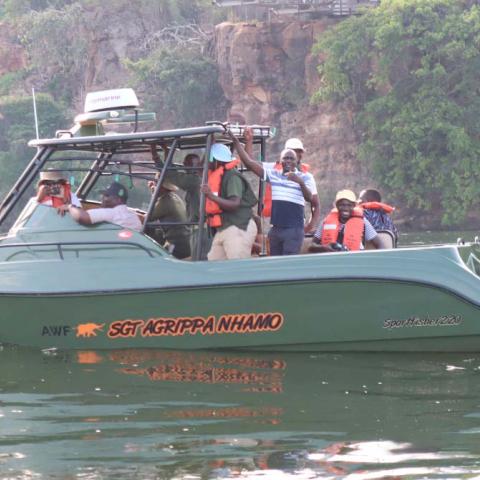
Wildlife Authority and Community Support
AWF partners with governments, communities, and the private sector, facilitating the collaboration and capacity required to sustain wildlife and habitats. We supply rangers and scouts with what they need to protect wildlife, from boots and fuel to ecological monitoring technology. We also train and equip rangers to monitor the state and health of wildlife populations, use data-driven analytics and geospatial technology, adopt a rights-based approach to conservation, and respond to human-wildlife conflict, among other things.
